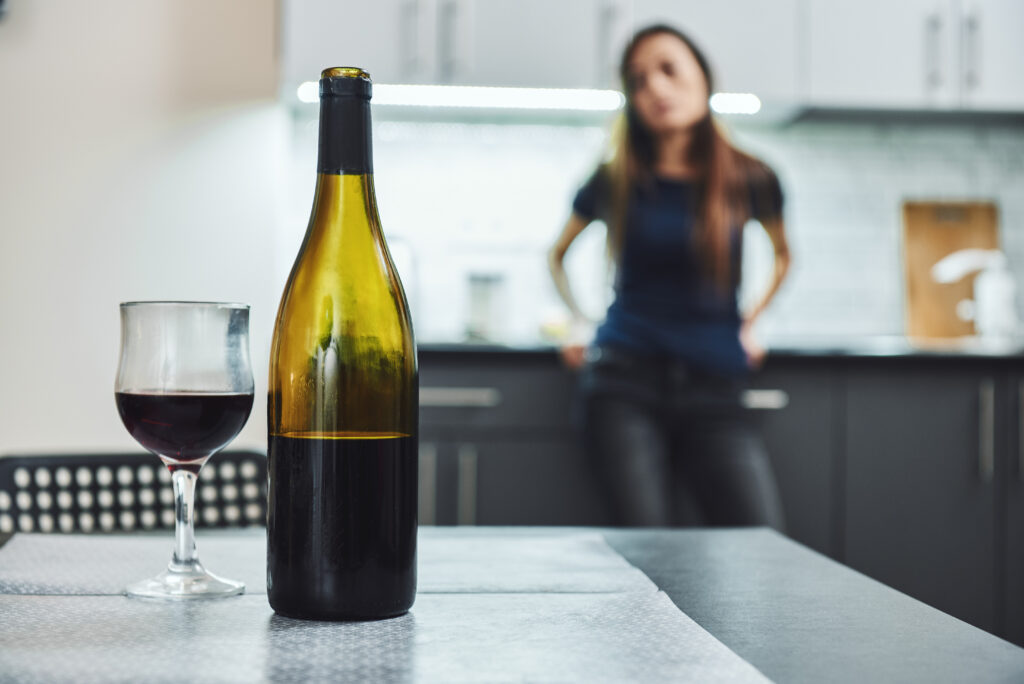Outpatient addiction treatment centers often raise a critical question for those seeking recovery: Are these programs effective enough to support lasting sobriety? With the prevalence of addiction challenges, understanding the effectiveness of outpatient treatment options is more important than ever. Outpatient care offers flexibility, support, and tailored approaches that have proven successful for many individuals. Redemption Recovery specializes in outpatient programs, including Partial Hospitalization Programs (PHP), Intensive Outpatient Programs (IOP), and Outpatient Programs (OP), offering comprehensive solutions for those on the path to recovery.
The Levels of Outpatient Addiction Treatment
Outpatient treatment encompasses a spectrum of care tailored to meet varying levels of need. Understanding these levels is crucial for selecting the right program.
Partial Hospitalization Programs (PHP)
PHPs are the most intensive form of outpatient care. Patients typically spend several hours a day, multiple days a week, in a structured treatment environment while living at home. PHP combines evidence-based therapies, medical monitoring, and life-skills training to support recovery. This level is ideal for individuals requiring a high degree of care but without the need for 24/7 supervision.
PHP programs often include:
- Individual and group therapy sessions.
- Comprehensive mental health evaluations.
- Holistic therapies, such as yoga or meditation.
- Case management services to coordinate care.
Intensive Outpatient Programs (IOP)
IOPs provide a balance between structured therapy and personal freedom. Clients participate in treatment sessions a few times a week while managing work, school, or family responsibilities. IOPs are effective for those transitioning from residential care or those who need moderate support to maintain sobriety.
Key components of IOPs include:
- Cognitive-behavioral therapy (CBT) to address thought patterns contributing to addiction.
- Relapse prevention strategies tailored to individual triggers.
- Support groups that foster a sense of community.
- Family counseling to rebuild and strengthen relationships.
Discover more about IOPs here.
Outpatient Programs (OP)
The least intensive level, OPs, are designed for individuals who have established stability in their recovery journey. These programs focus on continued therapy, peer support, and relapse prevention strategies.
OPs often include:
- Regular check-ins with counselors.
- Access to educational workshops on addiction.
- Flexible scheduling to accommodate daily life.
- Opportunities for involvement in alumni networks and recovery events.
Explore details about OPs here.
Evidence Supporting Outpatient Treatment Effectiveness
Research consistently demonstrates the effectiveness of outpatient addiction treatment programs. According to a study published in the National Library of Medicine, outpatient treatment can achieve similar outcomes to residential programs for individuals with mild to moderate addiction severity. The study highlights that factors such as patient engagement, therapeutic techniques, and continuity of care play significant roles in achieving positive results.
Another study confirms that outpatient care provides essential tools for long-term sobriety, including cognitive-behavioral therapy (CBT), relapse prevention planning, and family involvement. These components foster sustainable recovery and help patients reintegrate into daily life.
Outpatient programs have also been shown to reduce the stigma often associated with addiction treatment. By allowing individuals to maintain their daily routines, outpatient care normalizes the recovery process, encouraging broader participation and acceptance.
Why Outpatient Programs Work
Outpatient addiction treatment centers like Redemption Recovery succeed for several reasons:
- Flexibility: Patients can maintain work, school, or family obligations while receiving treatment.
- Continuity of Support: Regular therapy sessions and group activities provide ongoing reinforcement.
- Real-World Application: Clients practice coping skills in real-life situations and receive immediate feedback.
- Affordability: Outpatient programs are typically less expensive than residential options, making them more accessible.
Additionally, outpatient care often integrates advanced therapeutic methods, such as:
- Motivational Interviewing (MI): To enhance a patient’s readiness to change.
- Dialectical Behavior Therapy (DBT): For managing emotions and reducing harmful behaviors.
- Medication-Assisted Treatment (MAT): To address physical dependencies while engaging in therapy.
Who Benefits Most from Outpatient Treatment?
Outpatient programs are not one-size-fits-all, but they are particularly effective for:
- Individuals with Mild to Moderate Addiction: Those who need structured support but do not require detox or inpatient care.
- Patients Transitioning from Inpatient Care: Outpatient programs act as a step-down level of care, providing a safety net during reintegration.
- Highly Motivated Individuals: Success in outpatient care often depends on personal commitment to recovery.
- Supportive Home Environments: Those with family and friends who encourage recovery are more likely to thrive in outpatient settings.
For individuals unsure about their suitability for outpatient care, Redemption Recovery offers consultations to assess specific needs and recommend the most appropriate level of support.
Choosing the Right Outpatient Treatment Center
When evaluating outpatient addiction treatment centers, consider the following factors:
- Comprehensive Services: Ensure the program offers therapy, medical support, and holistic care.
- Customized Treatment Plans: Look for centers that tailor their approach to individual needs.
- Accredited Staff: Verify that counselors and medical professionals are certified.
- Convenient Location: Proximity can make attending sessions easier and more consistent.
We offer all these features and more, making us a trusted choice for outpatient addiction treatment. Our personalized approach ensures that every individual’s journey is unique, fostering a supportive environment conducive to long-term recovery.
Additional Resources for Outpatient Treatment Success
To maximize the benefits of outpatient treatment, patients should:
- Stay Committed to Attendance: Consistency is key for therapy and group sessions.
- Engage with Peer Support: Joining recovery groups fosters accountability and camaraderie.
- Utilize Aftercare Services: Continuing care plans help maintain progress post-treatment.
- Practice Self-Care: Incorporating exercise, mindfulness, and proper nutrition can enhance recovery outcomes.
By implementing these strategies, individuals can significantly improve their chances of achieving and maintaining sobriety.
Is Outpatient Addiction Treatment Right for You?
Outpatient addiction treatment centers, including programs like PHP, IOP, and OP, have proven effective for countless individuals seeking recovery. Backed by research and success stories, these programs offer flexibility, support, and the opportunity to rebuild life in a sustainable way. Redemption Recovery is dedicated to providing top-tier outpatient care, ensuring that every individual receives the tailored support they need to thrive.Take the first step today. Give us a call to learn how our outpatient programs can guide you toward lasting recovery.





